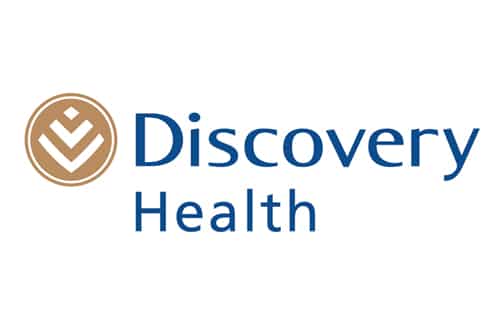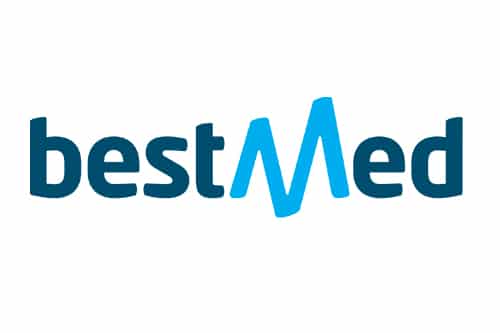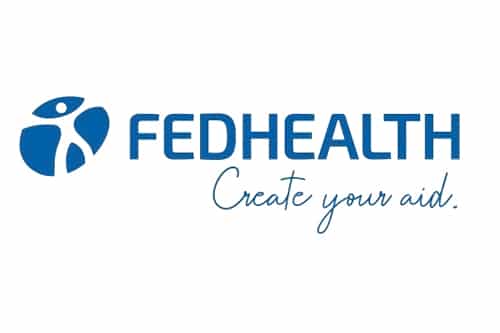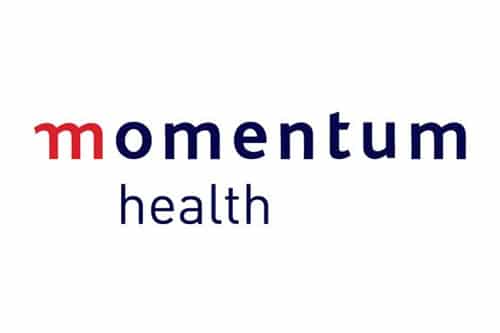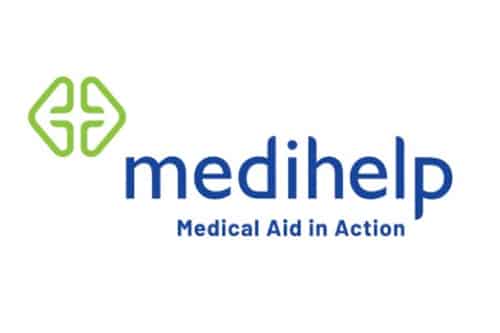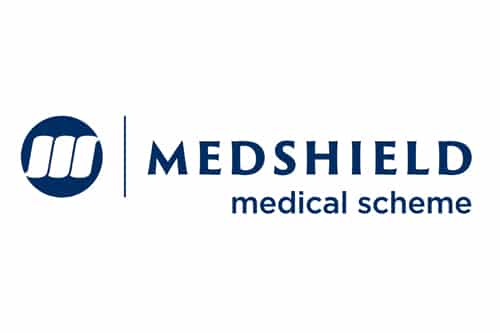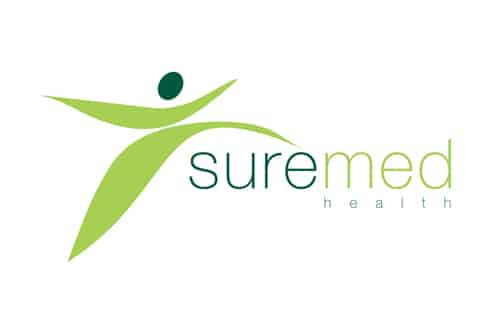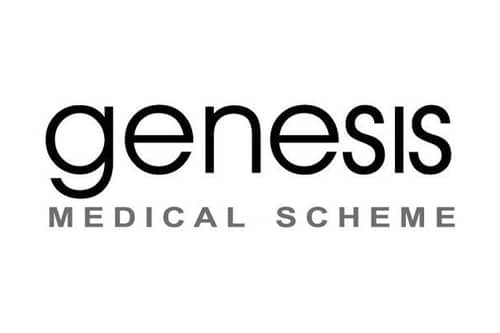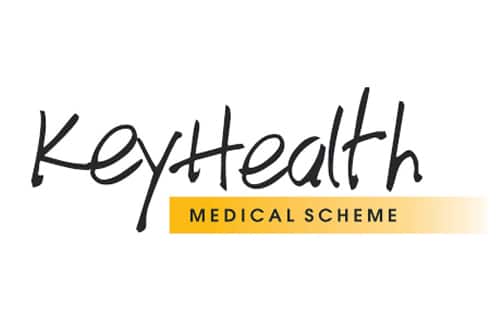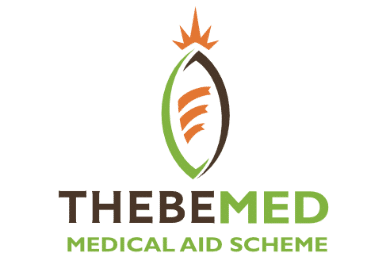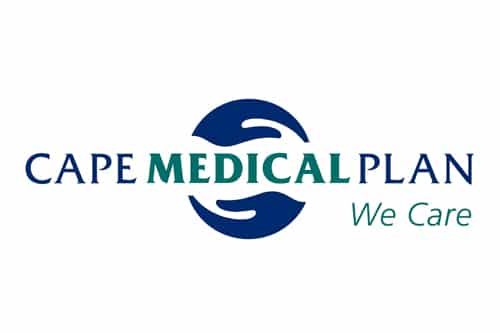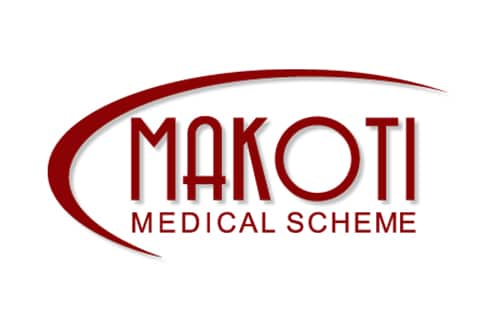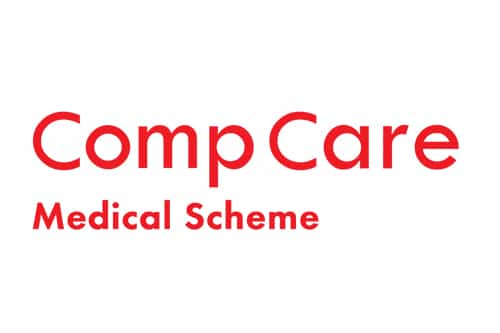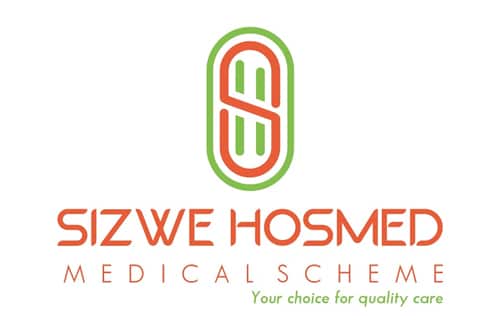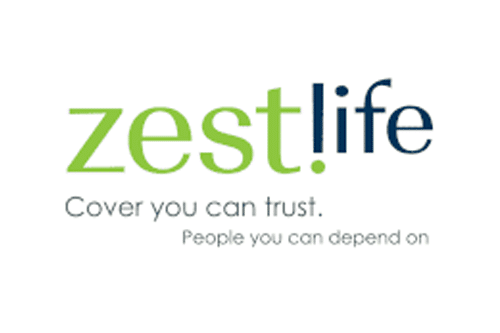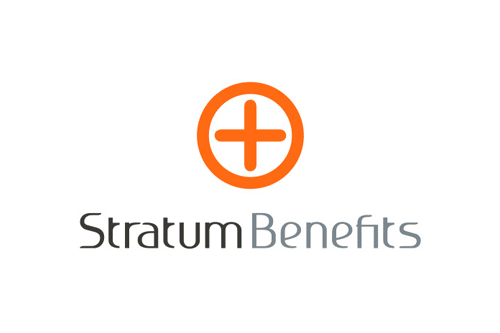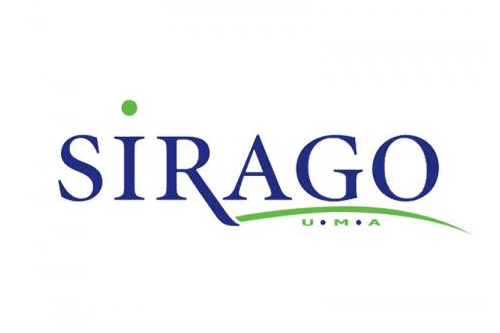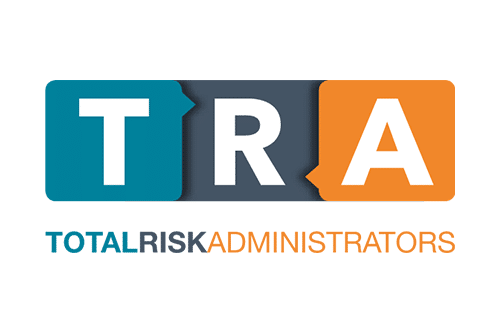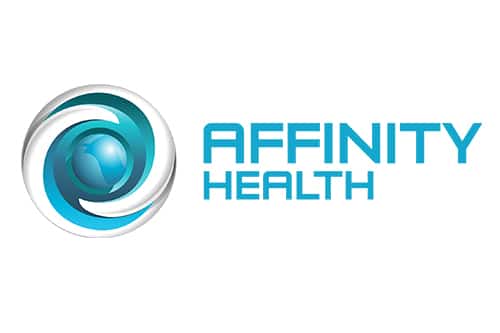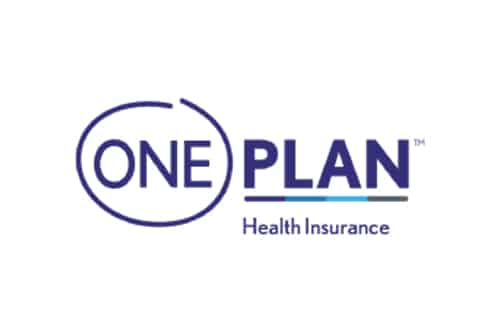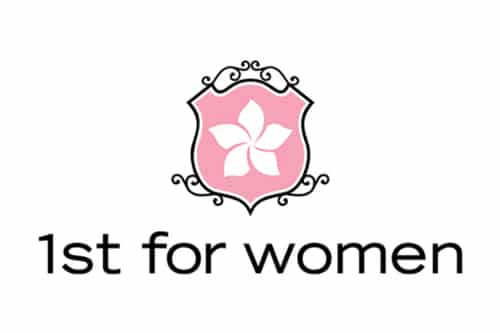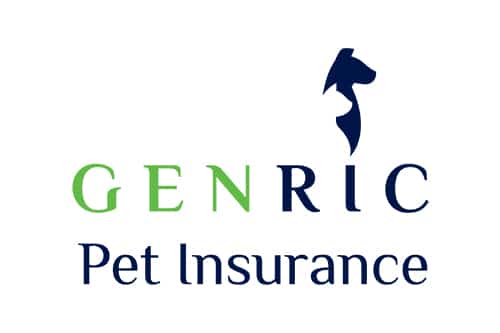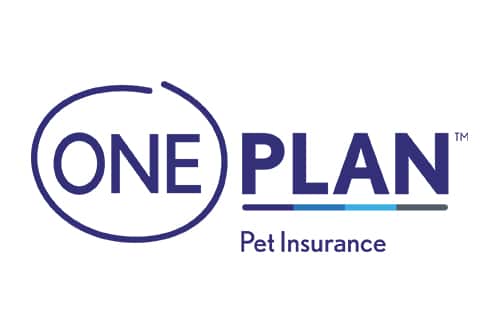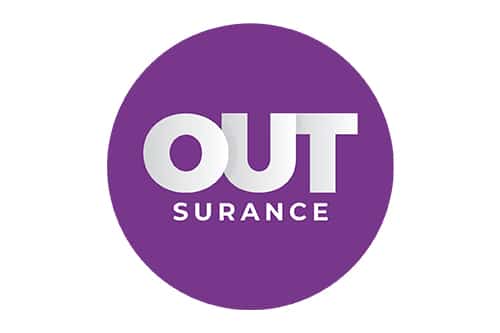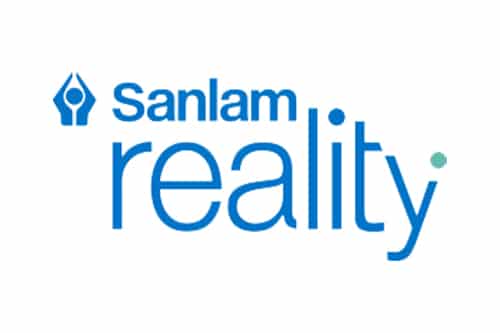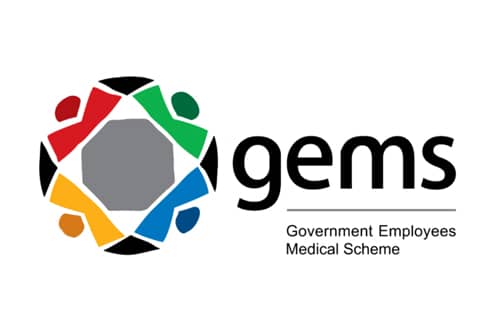
Health Insurance for Pregnancy
The Health Insurance for Pregnancy in South Africa revealed.
We tested and verified health insurance for pregnancy in South Africa.
This is a complete guide to the best health insurance for pregnancy in South Africa.
In this in-depth guide you’ll learn:
- What is a health insurance?
- Can you get health insurance if you are already pregnant?
- What is the difference between medical aid and health insurance?
- Is health insurance expensive?
- Is it free to give birth in a government hospital in South Africa?
So if you’re ready to go “all in” with the best health insurance for pregnancy in South Africa, this guide is for you.
Let’s dive right in…
Health Insurance for Pregnancy Summary
Introduction
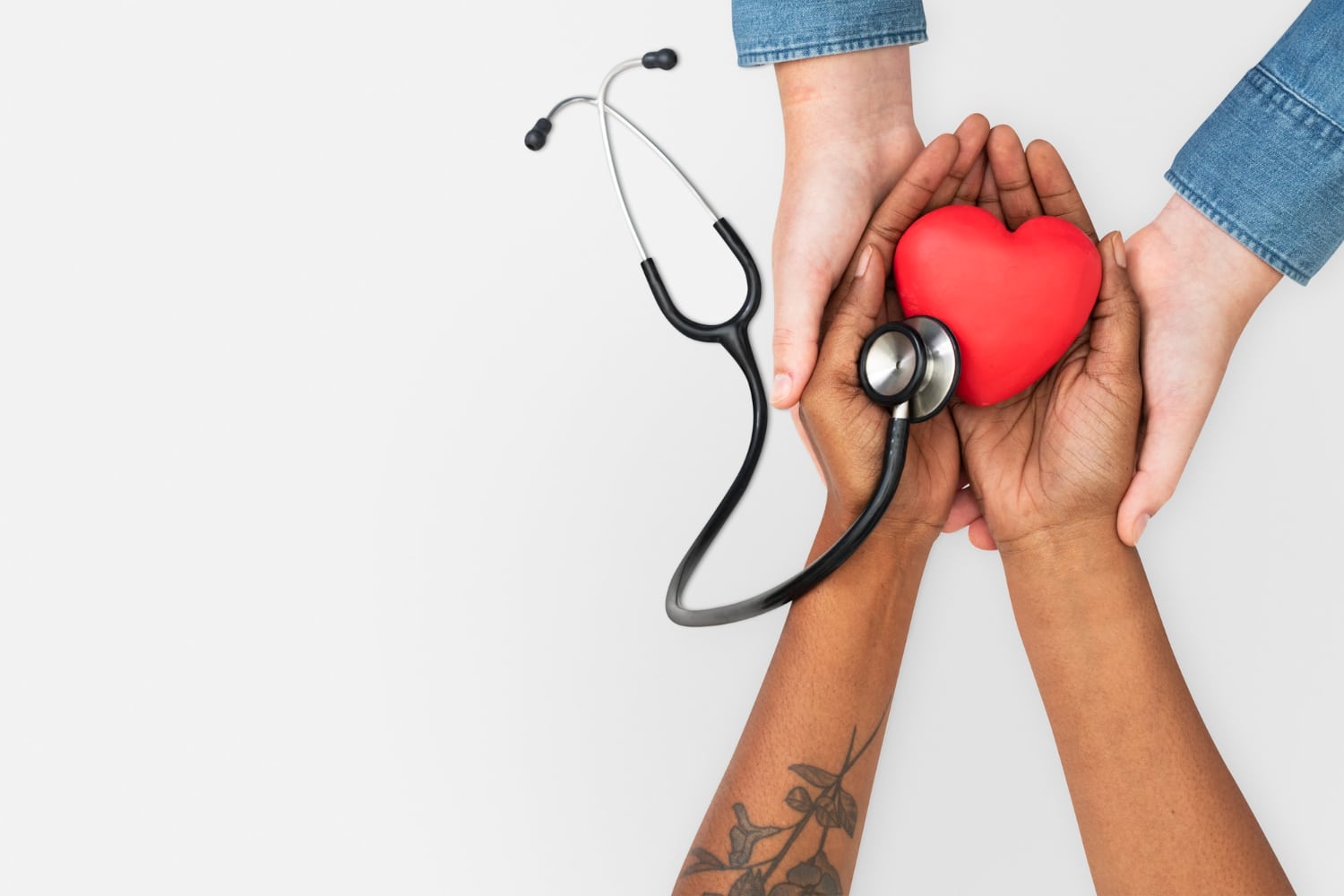
The healthcare system in South Africa is split into two categories: the public system and the private system. Unfortunately, South Africa’s public healthcare system has a relatively low standard of quality, which may be attributed to a shortage of medical professionals, ageing buildings, and lengthy wait periods.
It is imperative that you make the investment in a health insurance plan that actually pays out for what you believe it covers. Before choosing a health insurance plan, it is in your best interest to acquire knowledge concerning a number of key factors first.
The insurance coverage offered by local companies are dependable as well as reasonably priced.
This situation is made worse by the escalating cost of private insurance, which places it well out of reach for a significant number of people who live in South Africa.
How the System of Medical Insurance Operates

Health insurance plans include hospital bills as well as routine medical charges. For each day the client is hospitalised, a daily cash-back or payment per covered event is made to the client at a predetermined set amount. Both the maximum limit amount that may be paid out annually and the maximum amount that may be paid out for each incident are specified.
Health insurance’s hospital coverage will cover a range of life-threatening situations, such as severe illnesses, accidents, and treatment in an intensive care unit. Additionally, health insurance frequently covers a wide range of illnesses, including hernias, appendectomies, gall bladder issues, kidney stones, among other conditions.
The predefined benefit will be paid out by these plans upon hospital admission. The benefit that is specified has no relation to the actual cost of the medical services being supplied because it is meant to offset ancillary costs like lost income. This shows that health insurance companies pay the hospital a set sum, which is decided by the kind of insurance coverage you choose to acquire, rather than according to the degree of care you required.
This is because businesses that sell medical insurance policies do so to turn a profit, and these businesses rely on underwriting and actuarial data to predict anticipated future claims over a long period of time.
They are free to permanently exclude anyone with certain medical conditions, and they are not compelled to accept any of the applications. In spite of the fact that the actual cost may be far greater, they are likewise excused from paying the insured amount.
Depending on a variety of factors, like the client’s age, the size of their family, any pre-existing chronic ailments, etc., the monthly premiums people pay for their health insurance coverage can vary greatly.
In addition, health insurance offers less coverage than medical policies, protecting customers with either a Rand value per day or a total dollar amount per hospital incident and per year. This might either be a daily maximum or a yearly maximum, depending on the policy.
If you have medical insurance, you will be compensated in the event that you are hospitalised and unable to work or make a livelihood. It will also cover any further expenses that could be incurred as a result of your hospitalisation. In the same way as with any other sort of insurance, you cross your fingers and hope you never need it, but having it might be quite helpful if you do.
If you are already pregnant, it is just too late to get medical aid coverage or insurance for the birth, let alone for the pregnancy itself at this point. However, this does not negate the significance of taking the necessary steps to ensure that both you and the upcoming addition to your family have access to adequate medical coverage.
Pregnancy is a pre-existing ailment that is not covered by medical insurance and is thus not covered.
Because pregnancy is regarded as a pre-existing condition, members of the scheme will not be eligible for any benefits related to it during the first year of their membership.
This practically implies that there is no medical coverage for the time leading up to the birth, as well as the actual labour and delivery of the baby.
When it comes down to it, if you are already pregnant when you sign up for a medical aid programme, you and your spouse will have to come up with the money to cover the costs of prenatal care and pay for the delivery of the baby out of your own personal savings. This is the unfortunate reality of the situation.
You should budget anywhere from R60,000 and above for a routine delivery.
If you give birth in a private setting, you should plan on spending at least R60,000 (and probably more) on the experience. When there is no medical aid coverage, healthcare providers and hospitals will typically request payment in full or in part prior to providing any services.
When there are difficulties involved, the expense of medical care might quickly escalate. An otherwise happy event has the potential to become a financial nightmare if there is no safety net in the form of medical aid.
The good news is that the infant will be insured.
Your child will be eligible for medical aid the minute they are born. The only stipulation is that you have to register the infant with the programme within the allotted time frame, which is often thirty days.
Because of this, enrolling in a medical aid programme is of the utmost significance, as it will guarantee that your infant will receive the highest standard of medical treatment from the very beginning of their life.
If you sign up for a plan before you find out you are expecting a child, you automatically become eligible for all of the maternity benefits the plan provides.
You might like to read more about the best medical Aids for Pregnancy
Why Do Pregnant Women Need Health Insurance

In South Africa, the public healthcare system is supposed to cover everyone, although in practise this is not the case.
Both public and private hospitals are included in South Africa’s comprehensive healthcare system. Private health insurance is typically purchased for better conditions and shorter waiting periods.
There is a wide variety of businesses that provide health insurance policies, each of which makes available a plethora of alternative treatment choices. These operate in a manner that is comparable to traditional health insurance plans.
Medical costs in South Africa are covered by health insurance up to a certain yearly amount. However, each of these offers a very different level of coverage. Some health insurance policies may offer more coverage than you actually need. It is crucial that you shop around for the best health insurance quotes that are catered to your unique needs because of this.
You should not only check your coverage but also become familiar with the premium charges and excess fees that you would be liable for in the event that you become unwell. Even though premium payments are frequently made on a monthly, quarterly, or annual basis, some companies demand full payment for the entire year up front.
READ more about Health Insurance for Kids
FAQ
Is pregnancy a pre-existing condition in South Africa?
Yes, pregnancy is a pre-existing condition excluded from medical aid cover. It is excluded from all benefits for the first 12 months of membership.
How much does it cost to give birth at a private hospital without medical aid?
Natural births at private hospitals can cost R60 000, assuming you stay for three days at the hospital without any complications.
What’s the difference between medical aid and medical insurance?
Medical aid ensures you are covered if you need to be hospitalised, have a chronic condition under prescribed minimum benefits or need day-to-day benefits while medical insurance ensures you receive a pay-out if you are hospitalised.
What will determine the cost of medical insurance?
The monthly premiums paid by individuals for their health insurance policies can vary according to a client’s age, the number of members in their family, any pre-existing chronic diseases, etc.
Is it free to give birth in a government hospital in South Africa?
Yes, South Africans have a right to free maternity treatment during pregnancy as well as postnatal care after baby is born, in a government hospital.

